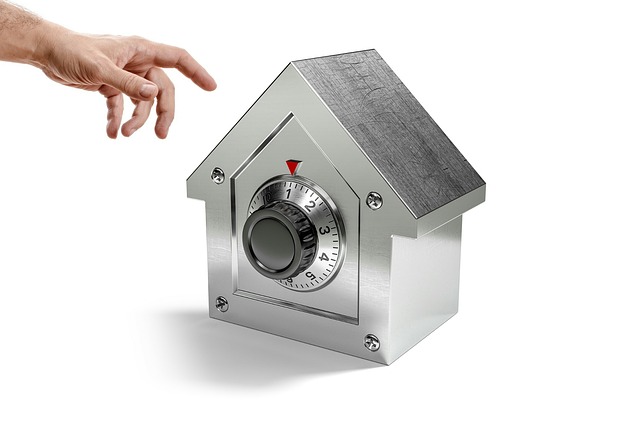Understanding Wire Fraud in Real Estate

It happens more often than you think — a homebuyer sends an entire down payment to a fake escrow account. There is no way to get that money back. In the digital age, it can be difficult to recognize the difference between an authentic communication from an escrow officer or title agency and a fraudulent one. This means that many homebuyers are falling victim to wire fraud initiated via electronic channels like email.
As real estate fraud becomes harder to detect, it’s important to understand and recognize the signs to protect your money!
How Wire Fraud Starts
In real estate transactions, wire fraud often starts with title agencies. Hackers will target title agencies’ databases to find upcoming transactions — the pricier the better. Then, after they’ve identified a target, the fraudster will use a compromised email address, assuming the identity of either a title agency employee or closing agent. With the hijacked email address and in-depth understanding of your transaction, it’s pretty easy for the hackers to pose as a legitimate agent in your transaction and request payments be sent to fake accounts.
Recognizing Wire Fraud
It’s hard to recognize fraud, and it’s only getting more difficult. Truly, there’s not a secret formula or sure-fire way to recognize a fake email or communication. The best action you can take is knowing who to contact leading up to the final steps in your home purchase. If you’ve received an email about a big payment, reach out your escrow officer or land title agency directly to verify — preferably by phone. Also, if you know all the parties involved, it’s easier to recognize fraud. Choosing a local land title agency can help ensure you’re connected to the people who are handling your transaction.
What to Do If It Happens
Unfortunately, real estate wire fraud happens. With an increased volume and sophistication of fraudulent activity, there are some actions you can take if you ever discover you’ve been duped. If you notice the fraud within 72 hours of the payment, you may be able to cancel or reverse the transaction by contacting the FBI’s Financial Fraud Kill Chain. The FFKC is a program designed to address the issue of increased fraud activity and works with banks and account owners to retrieve fund lost funds to overseas actors. While this approach may not be the best step for domestic fraud, it’s important to contact your bank or lender immediately if you suspect you’ve been tricked to explore what options are available. The sooner you act, the more options you may have with your bank.
